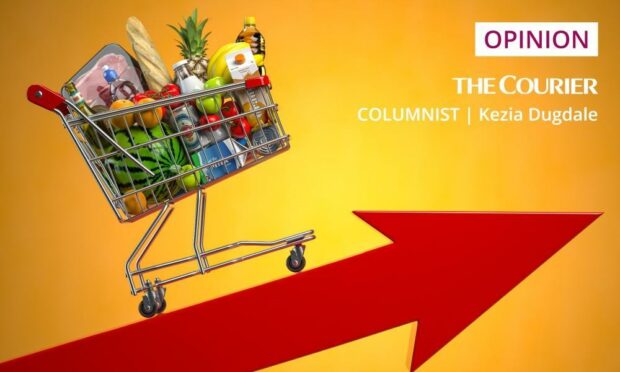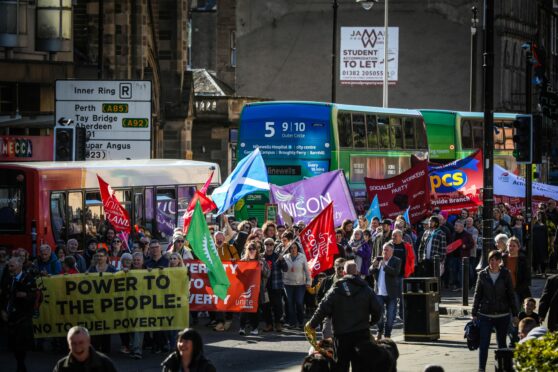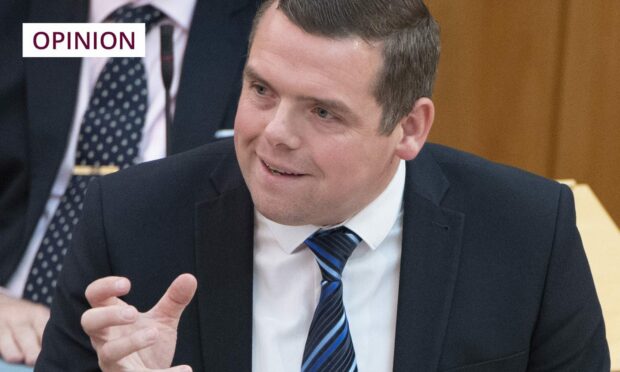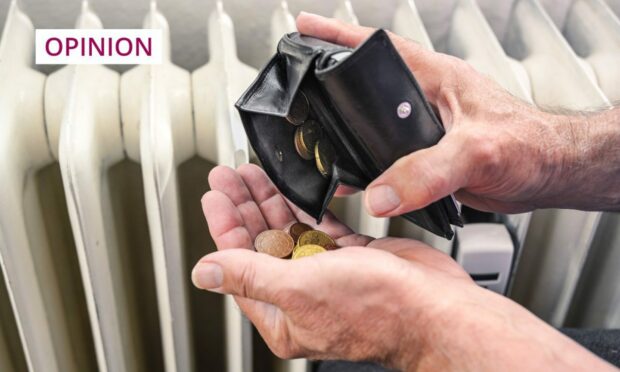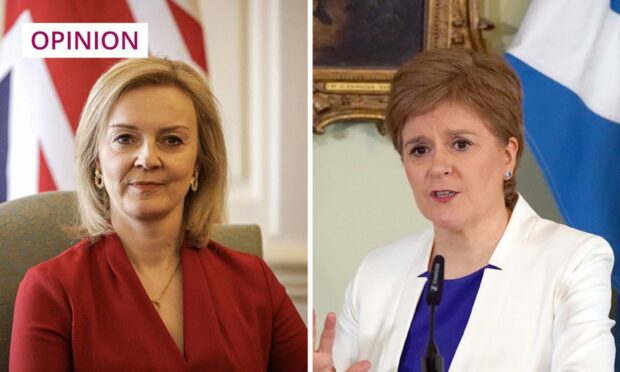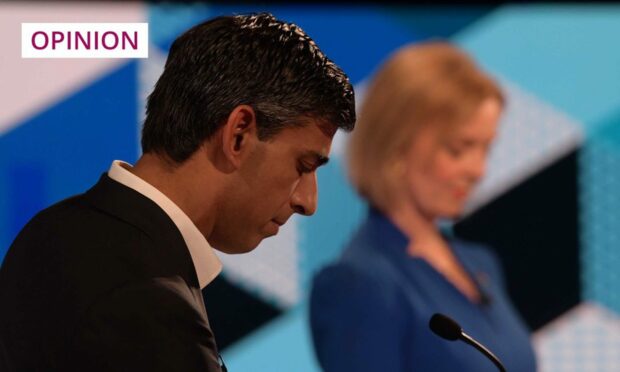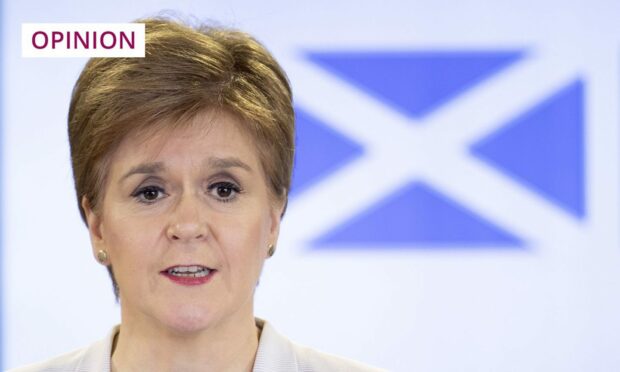There should be nothing more of a bread and butter issue in politics than the price of bread and butter, but we’ve spent awful lot of time talking about cake this past week.
Whether a cake constitutes a party? Whether you can find yourself inadvertently present but not invited in the presence of a cake? Even whether you can actually be ambushed by a cake?
The jury at the time of writing is still out on whether you can have your cake and eat it too. For that, we await Sue Gray’s judgement.
My standout hero of the week and perhaps in life more generally is the author, journalist and cook Jack Monroe.
Bootstrap Cook booting ONS into shape
Nicknamed the Bootstrap Cook, she has done a tremendous amount in recent times to assist people with how to eat well on extremely low budgets. How to cook easy and healthy meals that give you lots of energy without consuming too much of it.
She’s an essential person to follow on Twitter and in my view, in life too.
She’s hit the airwaves hard this week after she criticised how the Office of National Statistics track inflation, particularly when it comes to food.
They had reported that cost of living was rising by 5%. In other words, everything is getting 5% more expensive.
She was outraged, knowing only too well that many things are rising at a far more rapid rate, and in particular, the things that people on lower incomes rely on being cheap.
The people least able to carry the burden of cost increases.
This time last year, the cheapest pasta in my local supermarket (one of the Big Four), was 29p for 500g. Today it’s 70p. That’s a 141% price increase as it hits the poorest and most vulnerable households.
— Jack Monroe (@BootstrapCook) January 19, 2022
In her tweets she highlighted that the cheapest bag of pasta in her local supermarket had gone from 29p for 500g last year, to 70p this year.
A price increase of 141%. Rice was up 344%, beans 45%, even bread at 29%. If you diet is largely low-cost cheap carbs, you are going to feel the pinch more than most.
She also did a tremendous job of detailing how other supermarket habits were changing. The number of products in a supermarkets cheapest ranges dwindling from around 400 to just 90 in a couple of years.
Food inflation impacts poorest most
Then there’s the issue of “shrinkflation”, where packets get smaller but stay at the same price. A regular feature of our fruit and veg aisles.
To compound the horror, this pattern is not repeatedly at the luxury end of the supermarket scale.
A gastro restaurant inspired microwaveable lasagne is broadly the same price it was a year ago. No 300% price increases here, surely because no one would buy it, whilst those at the poorer end of the spectrum have little choice.
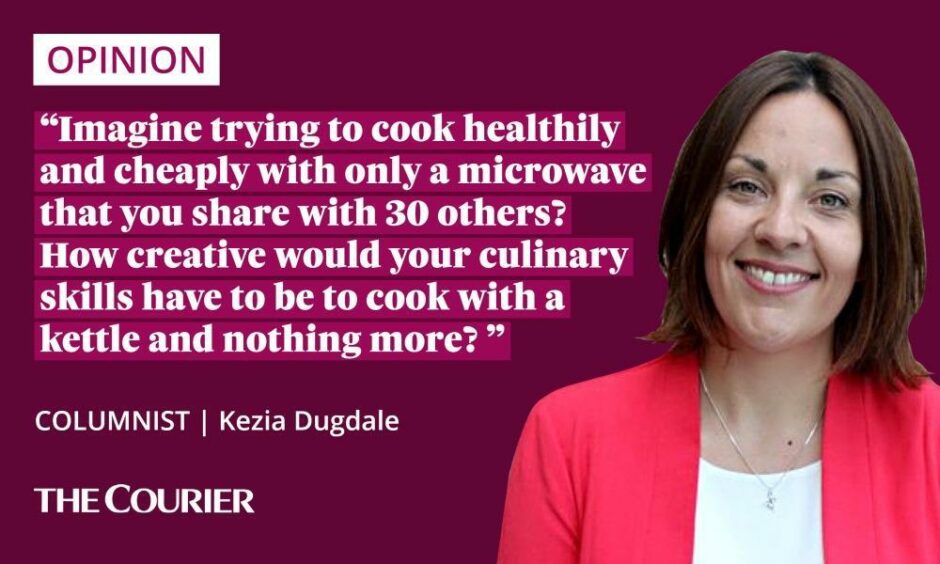
Jack is so admirable because her journalism and graft doesn’t just grab public attention it, it gets results. In the past few days alone she’s got the Office of National Statistics to commit to reviewing how it calculates food inflation, so it’s more aligned to how people who actually live on the breadline eat it.
I’ve written here before about the scandal of people living in temporary accommodation in Scotland, often for periods of six months or more without ready access to a kitchen.
Imagine trying to cook healthily and cheaply with only a microwave that you share with 30 others? How creative would your culinary skills have to be to cook with a kettle and nothing more?
Jack’s pioneering work means that we’ll soon know the true cost of food. Just as we know the true cost of our heating bills with most of us aware that they’re due to rapidly rise in April when the price cap runs out.
But what are our leaders going to do with that knowledge?
‘Cutting a Colin the Caterpillar with a sword’
The cost of living crisis many families have been enduring for years is about to considerably deepen and we’re all just hanging on the precipice of it, watching to see who falls first.
These cost increases are compounded for many by the increase in National Insurance payments that are due in April as well.
You can't solve a cost of living catastrophe that will crucify poorer households (via energy bills) by delaying a tax rise overwhelmingly paid by richer households (over half of the NI rise is paid by the top 20%) pic.twitter.com/uAlJVDLWIF
— Torsten Bell (@TorstenBell) January 25, 2022
This is an odd policy because whilst 50% of the cash it will generate will come from the Top 20% of earners (good) a disproportionate share of the cash will also come from the lowest earners too (bad).
It’s a tax measure that somehow manages to be both regressive and progressive. A very blunt approach like, oh I don’t know, trying to cut and serve a Colin the Caterpillar cake with a sword.
Met Police call first witness: pic.twitter.com/3nOYUJgmIB
— Have I Got News For You (@haveigotnews) January 26, 2022
Tory MPs really dislike this tax rise, largely because they dislike all tax rises but also because they know it hurts working people on low incomes as well as business.
Given the trouble the Prime Minister is in this week, they are now calling for the tax increase to be delayed. It may even prove to be the price of their loyalty to him.
Yet even if it’s delayed, the energy cap disappearing and rising food inflation means the public are going to need an awful lot more help to sweeten their deal this spring.
